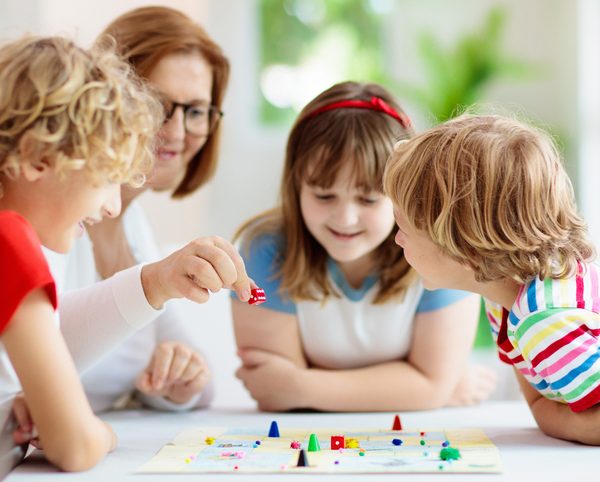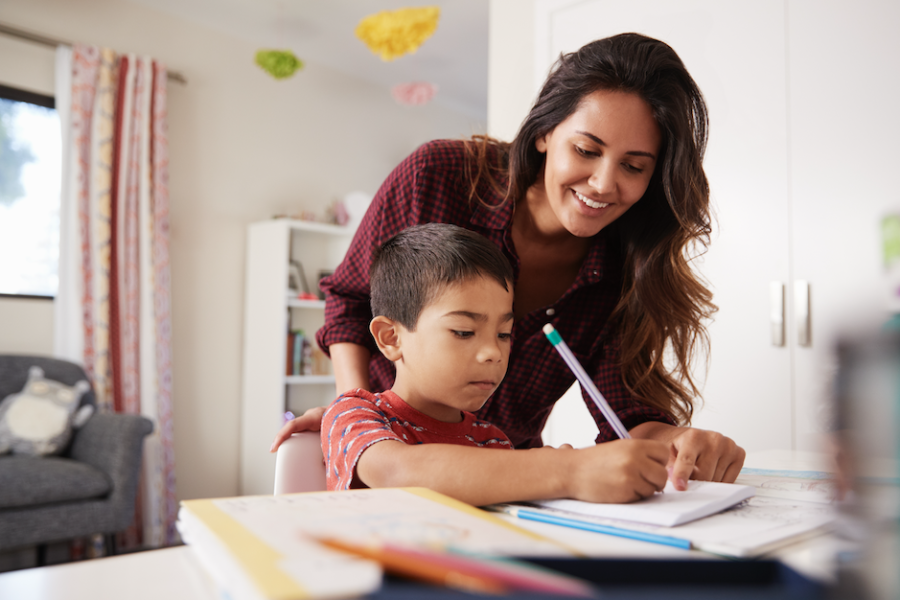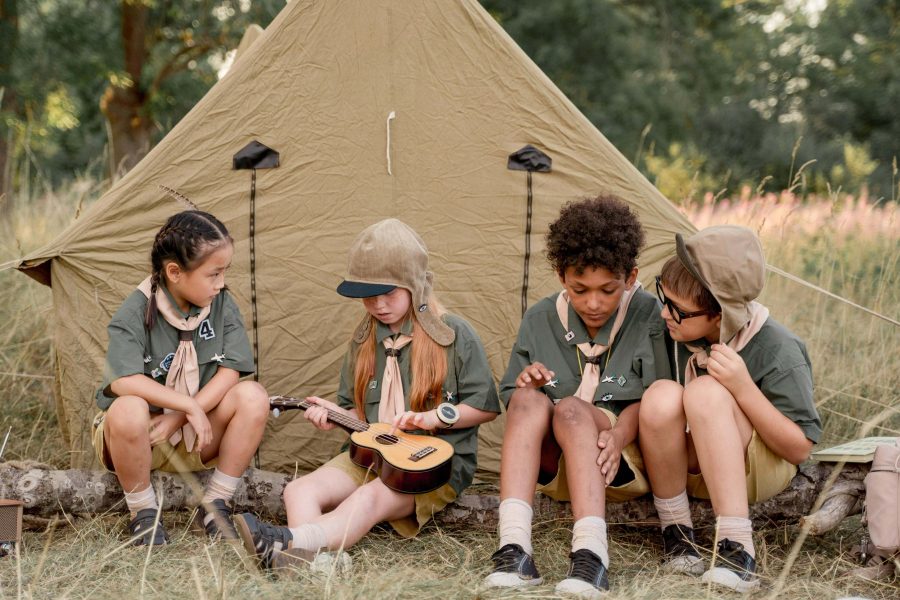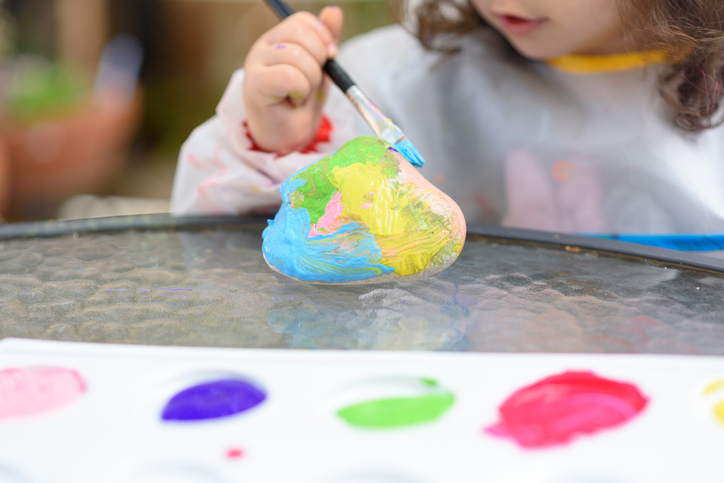Here are a few tips for helping your kid learn and increase their chances of success.

4 Tips for Helping Your Child Have Better Grades at School
When it’s time to have fun, your little ones are enthusiastic and attentive, but it all changes when you talk to them about studies or preparing for tests. Here are a few tips for helping your kid learn and increase their chances of success.
1. Make it fun
The first and foremost reason children do not like to study is that they don’t see any added value in doing so. That is why you should not only explain to them the benefits of having good grades at school and being ready for exams – you should explain the fact that studying can be fun and cool, if you only make the effort.
To accomplish this, build play elements into the study period. For example, if the child has to memorize multiplication tables, turn it into a content where you invite his or her friends to spend time together and give a prize to the one that gets the best score.
2. Instill the notion of exceeding oneself
For your child to get satisfaction from every accomplishment, you have to teach him or her the concept of setting high expectations for oneself and show him or her that it is important to succeed. To develop the spirit of competition, enroll the child in sports or academic activities that encourage stronger self-esteem while rewarding effort and having the best results. That can be dictation competitions, sports competitions, or writing competitions – the idea is to make the child enjoy the sense of satisfaction derived from excelling at everything. That child will be more likely to want to stand out and have good exam results later.
3. Train the memory
Memory plays a vital role in children’s learning, as it is the only way to manage complex notions learned in the classroom. To train the child’s memory, encourage them to go to bed early and take breaks in-between study sessions. It has been shown that ideas are retained faster after a good night’ sleep and when taking regular breaks (ideally, after every 20-minute study period).
4. Use mental images
Mental images play a key role in concept memorization while also making it possible to combine and remember things more easily and for a longer period of time. For example, to memorize coordinating conjunctions, you could use the word FANBOYS, or to memorize the order of planets, you could use the sentence “My very educated mother just serves us nine pies” (the first letter of each word here stands for the first letter in the name of each of the planets in the Solar System). These strong mental images allow children to make logical associations and remember the concepts better.






